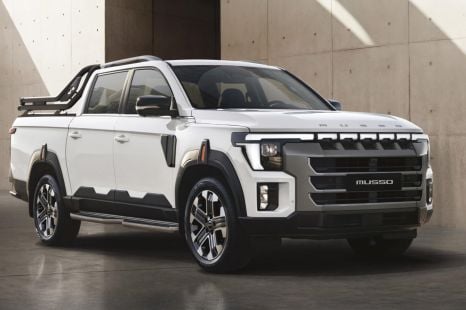

Damion Smy
Boxy new KGM Musso unveiled to take on HiLux and Ranger ahead of Australian launch
11 Hours Ago
It was a lousy quarter to have to end a fiscal year on, so Jaguar Land Rover’s return to profitability has hit a hurdle.

News Editor


News Editor
There’s scarcely been a worse quarter for a company to end the fiscal year on than the first quarter of this year. Jaguar Land Rover can attest to this.
With the fiscal year in the UK ending on March 31 – almost at the peak of Coronavirus infections and shutdowns – poor fourth-quarter performance has seen the Indian-owned British automaker post a full-year, pre-tax loss of £422 million (A$768 million).
The pre-tax loss for the fourth quarter was £501 million (A$912 million) on revenues of £5.4 billion.
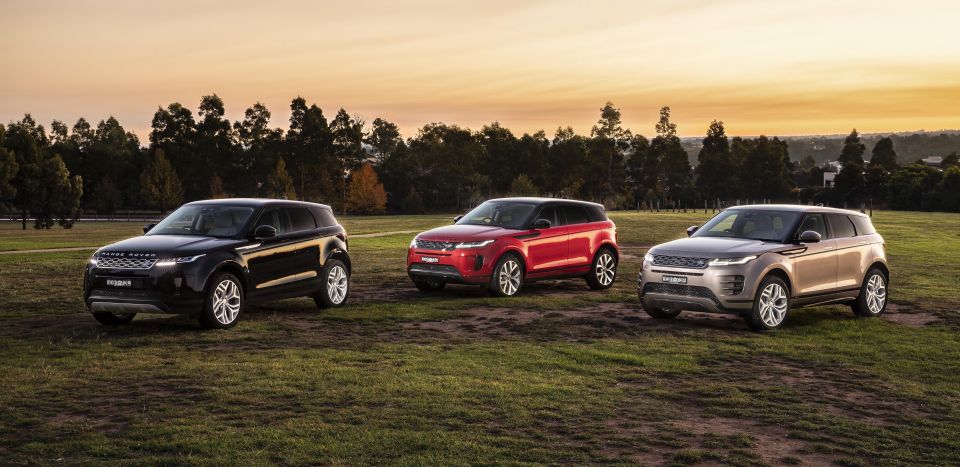
The dismal fourth quarter comes after the company’s return to profit in the previous two quarters, laying bare the significant effect COVID-19 has had on the company’s bottom line.
Global retail sales sunk 30.9 per cent in the fourth quarter, with sales down 12.1 per cent overall for the fiscal year.
There were two bright spots, however. The new Range Rover Evoque saw a 24.7 per cent increase in sales year-on-year, while the electric Jaguar I-Pace was up 40 per cent.
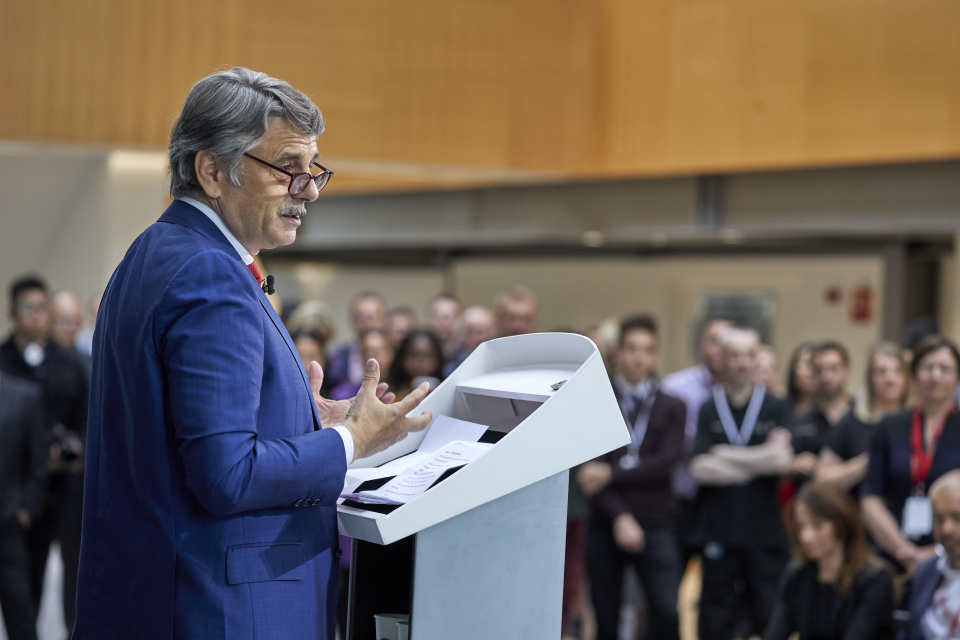
Chief executive Sir Ralf Speth said JLR’s Project Charge transformation activities had the company on track to meet fiscal year targets and record a profit, only for the pandemic to hit in the fourth quarter.
The company was able to deliver savings of £3.5 billion by the end of the fiscal year. The target for the new fiscal year is to find £5 billion of savings.
To meet this target, the company is deferring or delaying “non-critical investment”, with targeted investment spending of £2.5 billion in the new fiscal year. The past two fiscal years saw investment spending of £3.3 billion and £3.8 billion, respectively.
JLR is also reducing the number of contract-agency employees in its facilities.
The company was still able to end the fourth quarter with liquidity of £3.7 billion in cash and a £1.9 billion undrawn revolving credit facility, though there have been reports the company is seeking aid from the UK government to help weather this downturn.
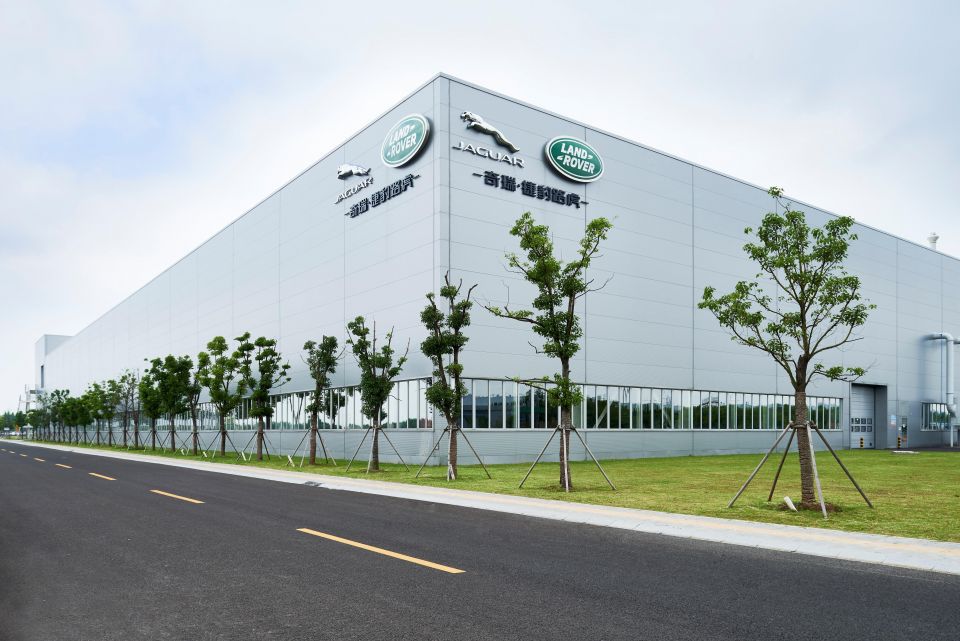
JLR has now resumed production at its Solihull and Halewood factories, as well as its Wolverhampton engine plant. Land Rover Defenders are also rolling off the line at the company’s plant in Slovakia, while its joint-venture factory in China has been operating since February.
Around 89 per cent of Jaguar Land Rover retailers worldwide are also now fully or partially open. All Chinese dealerships have reopened and sales in China were up 4.2 per cent in May compared to May 2019, a promising sign for the company. It’s in sharp contrast to the 43.3 per cent year-on-year decline for global sales in the same month.
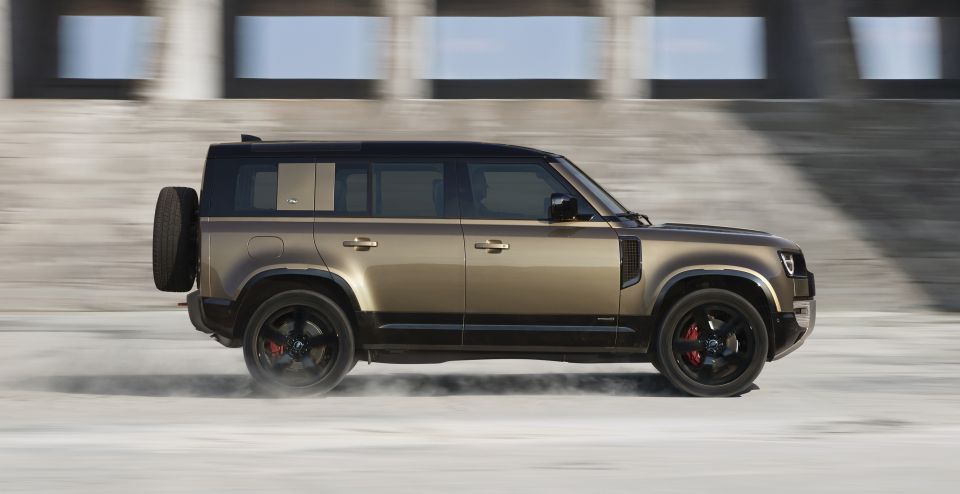
The rollout of the new Land Rover Defender and plug-in hybrid versions of the Range Rover Evoque and Land Rover Discovery Sport should also help fuel the company’s recovery.
The Castle Bromwich factory remains closed. It produces the Jaguar XE, XF and F-Type, though it’s being upgraded to accommodate the production of the next-generation Jaguar XJ, as well as two upcoming electric SUVs.
William Stopford is an automotive journalist with a passion for mainstream cars, automotive history and overseas auto markets.


Damion Smy
11 Hours Ago
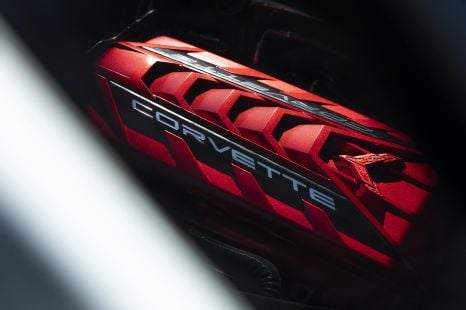

Damion Smy
12 Hours Ago
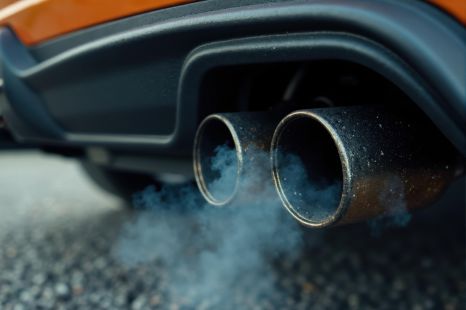

Damion Smy
14 Hours Ago
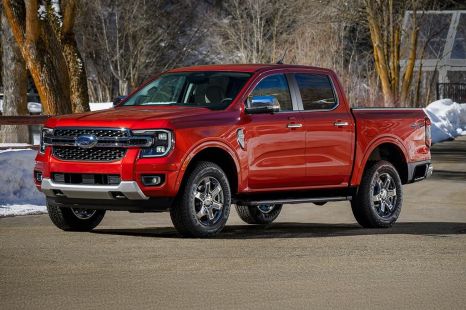

Damion Smy
15 Hours Ago
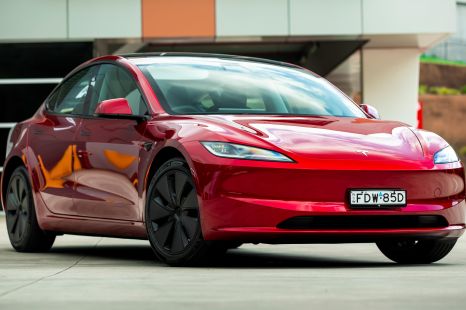

Damion Smy
17 Hours Ago
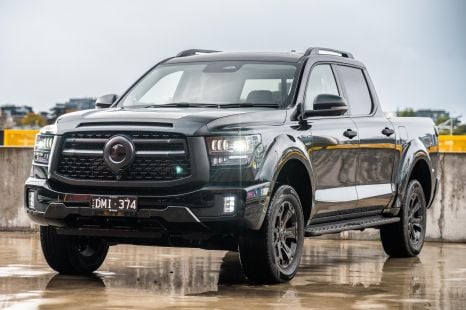

Damion Smy
18 Hours Ago